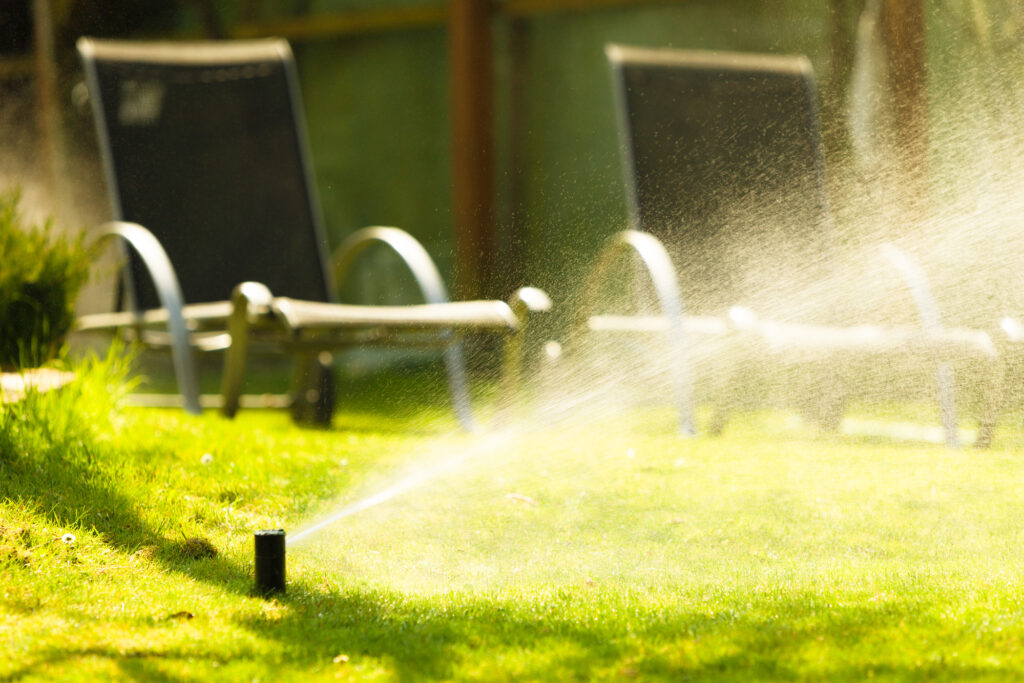The conservation and efficient use of water must be done with strict inspection measures, through technological tools capable of identifying patterns of excessive use, defended today a researcher from the University of Algarve (UAlg).
Speaking to Lusa, Nuno Loureiro said that the Government's restrictive measures, which aim to reduce water consumption in underground bodies in the Algarve by 15%, "must be accompanied by strict supervision using tools already available".
The researcher said that the problem of water scarcity in the Algarve “is absolutely nothing new”, since it is a problem that has been around for more than a decade, but, he argues, for several years “no one wanted to talk about water scarcity” in the region because it was a threat to the tourism industry.
“For a long time there has been a problem of decreasing water levels, both on the surface and underground, and it has always been pushed forward, having now reached the end of the line”, emphasized the official.
In order to manage the efficient use of an “increasingly scarce” resource, Nuno Loureiro reaffirms the need to use technological tools to monitor and implement strict rules for water use”.
“Today, in Europe, there is a set of very rigorous technological inspection tools to find out who uses water. Through satellite, I know the pools in the Algarve that fill and empty, this is an example, of a small volume of water ”, he pointed out.
For the author of several studies on water resources and professor at the University of Algarve, the Government and water management entities “should increase inspections and inspections” in residential, commercial and industrial areas to verify the proper use of water.
Nuno Loureiro argued that it is possible to find out if whoever has a swimming pool or an orange orchard in an area where watering is prohibited has filled the pool or watered the orange trees, and question the source of the water.
“Until we adopt these measures, we are playing with the present and the future, because what is at stake is not solving a specific situation, but imposing new rules for the use of water”, he highlighted.
In the researcher's opinion, the decrease in groundwater and water scarcity in the Algarve is a process that is associated with climate change, which forces society to look "to this new normal and adapt to new patterns of use".
Nuno Loureiro said that, in addition to inspection, it is essential to invest in structures capable of guaranteeing supply, such as the construction of desalination plants.
“There is talk of building one for the Algarve, but more are needed: at least two structures for this region”, he defended.
In addition, he added, treatment systems and reuse programs are needed, as well as awareness and education to promote behavior in relation to water use.
In early June, the Government announced restrictive measures on water consumption in the eastern Algarve, with the aim of reducing water consumption in underground bodies in the Algarve by 15%.
The announcement was made by the Minister for the Environment and Climate Action, Duarte Cordeiro, after a meeting of the commission to monitor the effects of the drought, when a third of the country, especially in the Alentejo and Algarve, is experiencing severe and extreme drought.



















Comments